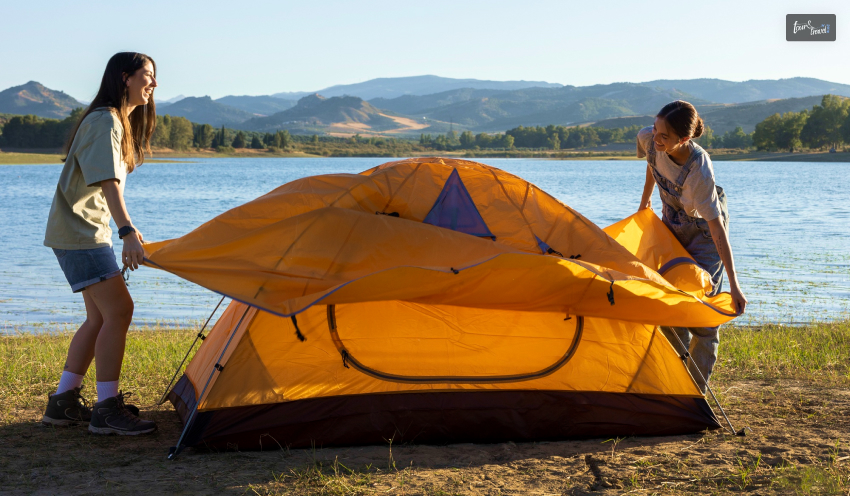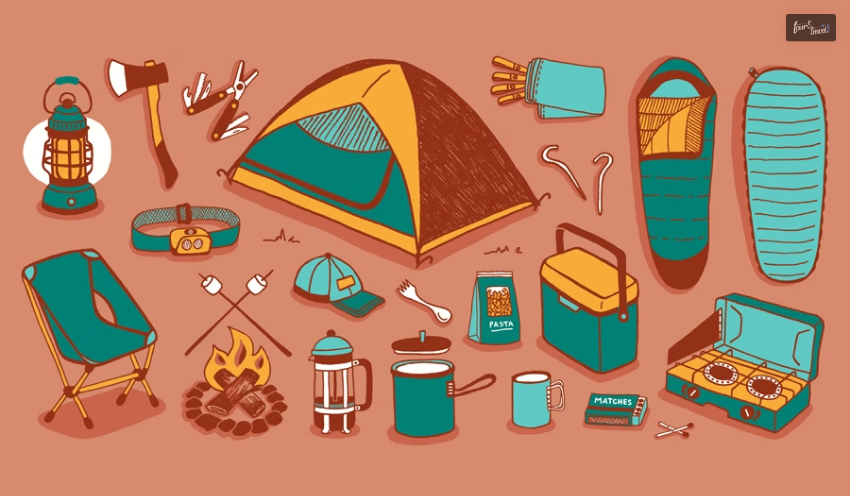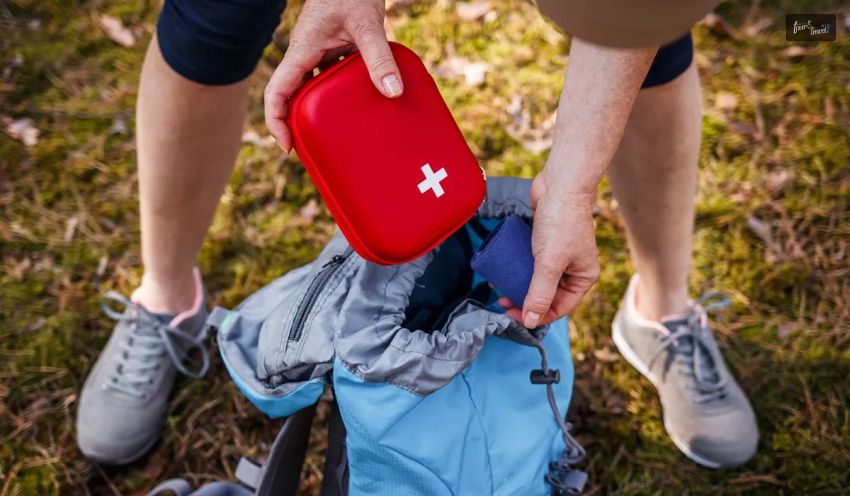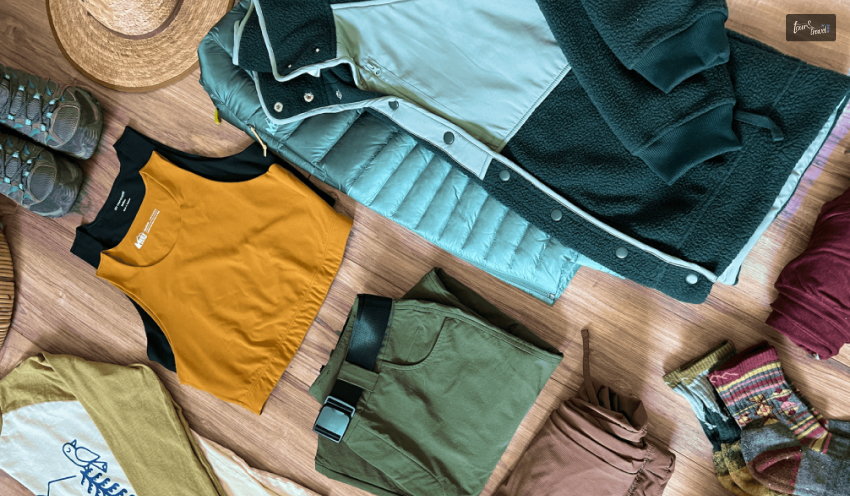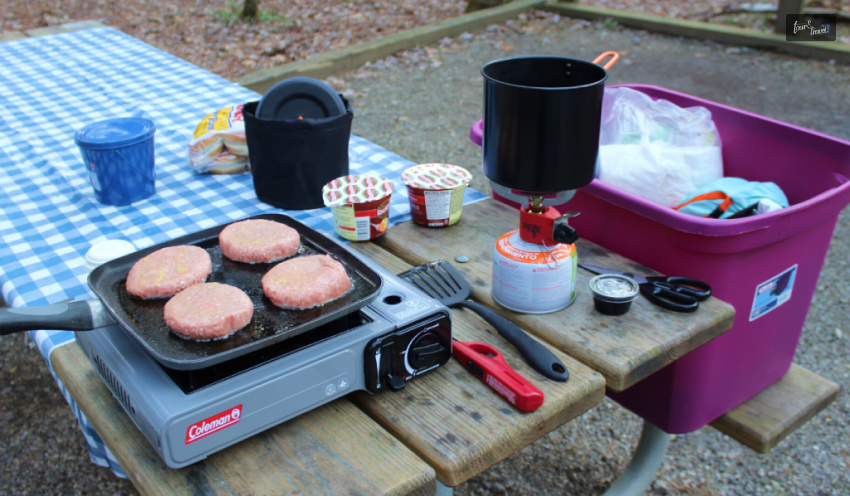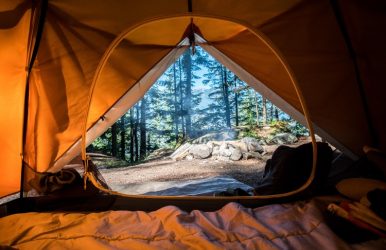Best Cruises If you are Single and Ready to Mingle!
BY sagnika Feb 26, 2025
Best singles cruises to hook up: When we are talking about being single, it is not just about being lonely! It is neither about being alone nor all by yourself. Being solo and looking for good company is the goal of these cruises. If you are someone who loves traveling, this is the perfect place to meet new people. Why don’t I share with you some of the best single cruises to hook up? I don’t mean hooking up as in just passing time but enjoying your experience. When you go on a cruise as a single with several other singles, like-minded, fun, and intellectually arousing travelers, you will have the best of time. Let us explore some of the coolest cruise lines that will offer you the perfect itinerary for you as a single. If you are looking for the best places to travel solo female in the US, you can check them here. If you have recently gone through a breakup, instead of traveling someplace alone, why don’t you take a cruise with other single people who can make the experience an immersive happy one? Best Cruises If You Are Single and Ready to Mingle! If you are on a traditional solo trip, it might be a little difficult for you to meet someone new and hook up! Instead, if you book your trip on a solo cruise, it is easier for you to meet people. Additionally, several onboard activities will help you relax around strangers. Fostering camaraderie and sailor relationships is quite easier when traveling on the best singles cruises to hook up. I am sure you will leave the voyage after making new friends. You will find sailors of all ages, above 18+ if you are booking an adults-only cruise line. Are you at that stage in your life where you want companionship without any commitment? Have you recently gone through something serious like a breakup and want to distract your mind from all that overthinking and loneliness? You can cruise solo as several voyages cater to singles with a collection of entertainment options, both onboard and offboard, helping you meet others. Let's explore more and learn about these cruise lines so that you can choose which one you want to go for booking. 1. Carnival Cruise An international cruise line, Carnival Cruise, is based out in the headquarters in Doral, Florida. A subsidiary of the cruise line is a part of Carnival Corporation & plc. The logo has a funnel-shaped look with the tail of a whale with the colors, blue, white, and red. If you are looking for February vacation ideas, this is it! Founded on 11 March 1972, the president of the cruise company is Christine Duffy. The company offers cruises to the Caribbean, Bermuda, and the Bahamas for singles! According to the reviews, it is one of the coolest ways to meet new people, make new friends, hook up, or recharge. If you book trips on some of the best cruises for families, it might be difficult for you to meet other single people. It is better to choose itineraries that are custom-made for singles. There are suites and cabins available on the cruise to suit the needs of singles. Of course, they are more expensive especially because the per-person double occupancy rates increase when it comes to single supplement. If you are looking for a “fun” experience with amazing food, this is your cruise. 2. Norwegian Cruise Line If you are looking for a cruise where you can experience casual cruising along with meeting new people, you cannot go wrong with Norwegian Cruise. Founded in 1966, the cruise line has its headquarters based out in Miami. Another of the exotic places to travel, you can check it out. Furthermore, you will get a lot of discounts and promotional deals when you book your trip with them. The cruise itinerary for solo travelers makes sure that you get more freedom and enjoy your time with fellow single travelers. They have introduced fun innovative ways in which strangers can bond and might choose to hook up! They have doubled the number of solo staterooms on their ships thus accommodating the freestyle approach for dining and meeting others. Even the lounges and cabins have been designed in such a way that single people can mix and meet with others. I would say, it is a compelling option to choose especially when they are customizing a perfect environment for you to have the time of your life. 3. Royal Caribbean Another significantly cool cruise company, Royal Caribbean makes sure you have the time of your life if you are looking for the best singles cruises to hook up. They have been organizing single cruises since 1991 targeting singles who want to meet new people and hook up! With adult-only experience, the cruise company customizes mixers that are perfect for singles. There are selected ships on which singles can book staterooms but only on specific ships, especially if someone is cruising alone. Two specific ships, Oasis Class and Quantum are available for single occupants. In my opinion, Quantum is better if you are a solo traveler looking to meet new people. The overall effort by Royal Caribbean can be appealing to different solo travelers, especially with the various ships available. 4. Margaritaville at Sea https://www.instagram.com/p/DEvYGZXv0Sr/?img_index=3 Operating two cruises, Margaritaville at Sea is an adult-only cruise creating an innovative itinerary. Built in 1991, the cruise is good for singles looking to relax and worth the money. The cruises are organized from Bahamas gateways to Caribbean voyages which offer you adventure. The ships explore places such as Key West, Florida, Bahamas, Freeport, and Nassau. If you are single and are looking for a 4 to 7 days week cruise, it is perfect for you. There are room services available, so for a single sailor, it is the perfect place to entertain someone they have met in their rooms. Additionally, there are also dining options where you have several options, be it for yourself or you and your partner, the one you are spending time with. You can try to have one of the best travel credit card while traveling, it is a good backup! 5. Virgin Voyages The cruise line is not an exclusive singles-only ship, however, it is an adult-only cruise line. Virgin Voyages do cater to the needs of solo travelers and sailors, who are looking to create connections as adults. The environment of the ships is created to meet the needs of single individuals. Several factors influence the environment, be it the restaurant or bar atmosphere. You will also find several entertainment options starting with the lighting or the way music is used to amp up the environment. The lighting is perfect to set the mood of cabins and suits for single mature adults! Based on a lot of reviews, many individuals reminiscing about the amazing time they have spent on one of these cruises. They have memorable moments with strangers, and they have kept in touch. Most of these singles love traveling, which amps up their experience of meeting new people! Single Travelers Meet New People! In conclusion, single travelers should book some of the best single cruises to hook up to make the best of their trip! Be it the Caribbean, Europe, Alaska, or the Bahamas, you will find several cruise specials and weekend gateways creating the perfect cruise experience for singles. Additionally, you will also get to do several activities onboard the cruise. I have provided you with some of the best cruise lines, providing you the solo trips and delivering amazing travel packages. Comment below on which one you want to go to. Is there a specific location where you want to travel alone but with fellow single travelers and have the time of your life? Let us know in the comments. Also read Top 10 Most Popular Paraguay Food That You Must Try. Top 13+ Famous Wonders Of India That You Must Visit. Top Tips For Motorbike Rental In Phuket – A Guide To Exploring The Island On Two Wheels.

